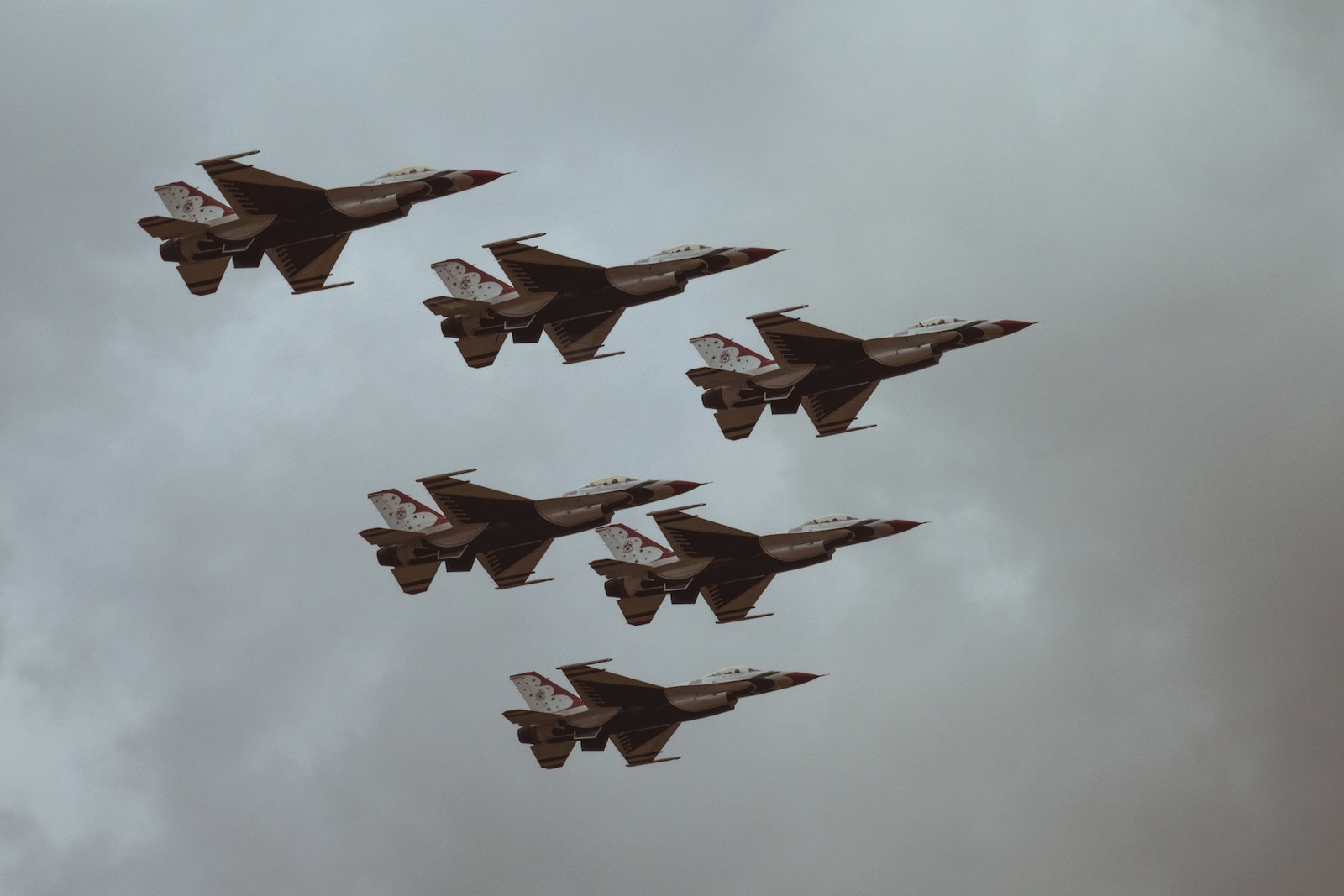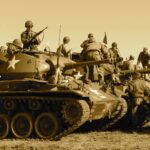Introduction
During the Gulf War in 1991, Iraq posed a threat to use chemical weapons on Israel, a country not actively involved in the conflict. While Iraq bombarded Israel with rockets, a gas attack never occurred. This peculiar turn of events can be attributed to the change in wind patterns, which caused the winds to blow east from Israel towards Iraq. The U.S.The military theorized that these unusual weather changes played a significant role in Iraq’s decision not to employ chemical warfare, as any gas attacks on Israel would have also harmed Iraq.
The Gulf War was a conflict that took place from August 1990 to February 1991, following Iraq’s invasion of Kuwait. The international community, led by the United States, formed a coalition to counter the Iraqi aggression. The threat of chemical weapons was a major concern during the conflict, and this article explores the specific dynamics of the potential gas attack on Israel and the role of wind pattern changes.
Threat of Chemical Weapons during the Gulf War
Iraq had actively researched and utilized weapons of mass destruction from 1962 to 1991. Under Saddam Hussein’s regime, Iraq had developed and deployed chemical weapons, particularly during the Iran-Iraq War in the 1980s. The use of chemical weapons by Iraq drew international condemnation and raised concerns about their capabilities. While Iraq had biological and nuclear weapons programs, they did not succeed in building a nuclear bomb.
The possession of chemical weapons by Iraq was a significant issue during the Gulf War. The international community, including the United Nations, was determined to prevent their use. The United Nations Security Council passed several resolutions demanding Iraq’s disarmament and the destruction of its chemical weapons stockpile. Following the conclusion of the Gulf War, Iraq was obligated to destroy its chemical weapons stockpile and halt its biological and nuclear weapon programs.
Israel’s Non-Retaliation during the Gulf War
Despite being the target of missile attacks during the Gulf War, Israel made a deliberate choice to remain passive and not retaliate. This policy of non-intervention and non-retaliation was supported by the Israeli government and civilian population. It deviated from Israel’s military doctrine, which typically emphasizes deterrence and pre-emption. However, Israeli intelligence closely monitored Iraq’s military build-up and the development of its non-conventional weapons.
Israel’s decision not to retaliate was influenced by several factors. Firstly, there was a concern that any Israeli military action could escalate the conflict and potentially lead to a wider regional war. Secondly, Israel relied on the international coalition led by the United States to address the Iraqi threat. Lastly, Israel’s military capabilities allowed it to defend against missile attacks without resorting to offensive measures.
Impact of Wind Pattern Changes on Potential Gas Attacks
The change in wind patterns during the Gulf War played a crucial role in preventing the gas attack on Israel. The winds shifted from their normal directions and blew east from Israel towards Iraq. This change in wind direction would have caused any gas attacks on Israel to harm Iraq as well, making it a strategic deterrent for Iraq.
The wind pattern changes were unusual and unexpected during the Gulf War. Typically, the prevailing winds in the region blow from west to east, which would have carried any chemical agents released by Iraq towards Israel. However, during the conflict, the winds reversed and blew east from Israel towards Iraq. This shift in wind patterns created a situation where any gas attacks on Israel would have had detrimental consequences for Iraq as well.
U.S. Military’s Theory on the Odd Weather Changes
The U.S. military theorized that the odd weather changes, specifically the shift in wind patterns, were the primary cause for Iraq’s decision not to use chemical weapons on Israel. The potential harm to Iraq if gas attacks on Israel were carried out due to the changed wind patterns served as a significant deterrent. The U.S. military’s expertise in analyzing weather patterns and their impact on military operations contributes to the credibility of their theory.
The U.S. military closely monitored the weather conditions during the Gulf War, recognizing the potential impact on military operations. The shift in wind patterns was a significant deviation from the norm and caught the attention of military strategists. They realized that this change created a unique situation where Iraq’s use of chemical weapons on Israel would have backfired and harmed Iraq as well. This understanding informed their theory that the wind pattern changes played a crucial role in preventing the gas attack.
Conclusion
In conclusion, the threat of chemical weapons during the Gulf War posed a significant concern, particularly for Israel, even though it was not actively involved in the conflict. However, the wind pattern changes that occurred during the war played a crucial role in preventing the gas attack on Israel. The shift in wind direction resulted in a potential harm to Iraq if they were to carry out the attack. This event highlights the significance of weather factors and their impact on military decisions during times of conflict.
The unique dynamics of the Gulf War, including the presence of chemical weapons and the unexpected wind pattern changes, demonstrate the complex nature of warfare. Military strategists must consider various factors, including weather conditions, in their decision-making processes. The case of the potential gas attack on Israel during the Gulf War serves as a reminder of the significant role that weather patterns can play in shaping military outcomes.
#GulfWar #Iraq #Israel #ChemicalWeapons #DivineIntervention #UnexplainedWindPatterns #MilitaryStrategy #UnexpectedMiracle #HistoricalAnomaly #MiracleofWind #GulfWarStories #UnconventionalWarfare #ConflictResolution #DivineProtection #ExtraordinaryEvents

